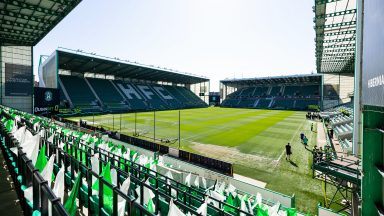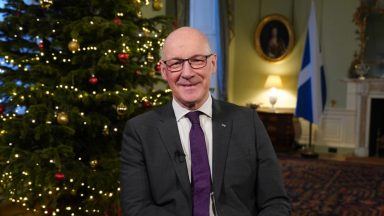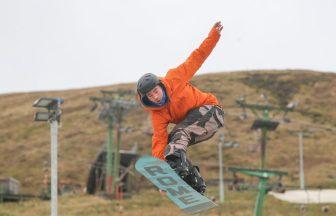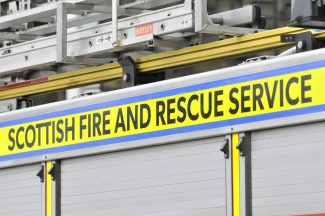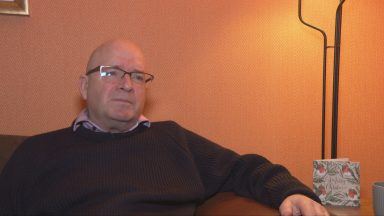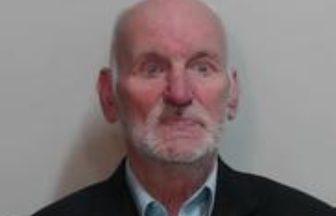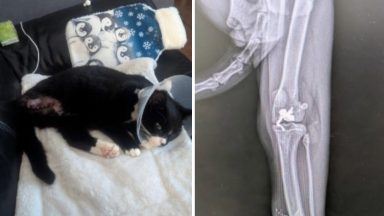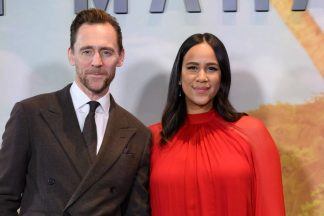Falkirk Council needs to “up its game” when it comes to equalities, its chief executive has admitted, after concerns were raised that its workforce “does not reflect the diversity” of the area.
Kenneth Lawrie was speaking at a recent Audit Committee – which was examining the risks facing the council – as its employment record came under scrutiny.
The council now has a legal duty to ensure that it does its best to eliminate discrimination, harassment, and victimisation, while making sure there is “equality of opportunity between those who have protected characteristics and those who don’t”.
And while the most recent report showed the number of staff from a BME background had more than doubled in the last four years, it was agreed there was still a lot more work to do.
Councillor Allyson Black said: “I know we’ve got quite a robust equalities policy but I know personally people from minority ethnic backgrounds who haven’t managed to get an interview with the council.
“And I just think when we’ve got such a crisis in care, for example, and a shortage of staff that we need to make sure that the policies we’ve got are being administered in the strongest possible way, because our actual workforce does not reflect the diversity of our population in the area.
“So, I think that’s something we need to be really striving for.”
Mr Lawrie replied: “I think we’ve got quite a lot of work to do in this area – we do now have a plan for that and it does include issues round recruitment and ensuring we are more representative of the communities we serve.”
Mr Lawrie stressed that the issue doesn’t just relate to black and minority ethnic communities, but affects many other ‘protected’ characteristics.
These include age, disability, gender reassignment, pregnancy, race, religion and sexual orientation.
“There’s been a good internal report and an action plan has been developed but I do think there’s a need to up our game,” Mr Lawrie told the Audit Committee.
The council’s most recent report, released earlier this year, shows that in 2020 the percentage of the workforce who are from BME backgrounds was 3.5% – more than double the number in 2017 when it was just 1%.
The figures also show that the 75% of all council staff are female – although they also reveal that just 57% of the highest paid 2% of employees are women.
The data shows many jobs are still either all-male or all-female – with joiners, road sweepers and bin collectors all men while support for learning assistants, breakfast club supervisors, cooks and family support workers are some of the jobs being done by women.
The percentage figures don’t tell the whole story, however.
At just 0.2%, the percentage of staff who are transgender has decreased very slightly – but this is due to the increased number of responses for this category and the actual number of transgender people has stayed the same.
The number of disabled people employed by the council has remained fairly steady over the past four years, at 2.8% in 2020.
But the council is aware that this figure may be under-reported and is encouraging staff to provide this information.
Statistics about how this compares to the general population in Falkirk are limited and the report says this is something they will continue to monitor.
By local democracy reporter Kirsty Paterson
Follow STV News on WhatsApp
Scan the QR code on your mobile device for all the latest news from around the country


 iStock
iStock






